The latest news in parasitology
The AniCura Abros Veterinary Hospital celebrates the II AniCura Abros Congress on February 25 and 26. After the success of the first edition, which brought together more than 150 professionals in the town of Pereiro de Aguiar, Ourense, the veterinary hospital is reviving this meeting which, this year, will focus on deepening advances in the diagnosis and treatment of diseases, parasites of companion animals.
Under the title "Dancing with parasites," renowned specialists from the veterinary sector from all over the country will participate in this event to share knowledge and strengthen the bonds of trust between veterinarians and auxiliaries. Thanks to this initiative, unique among hospitals and centers in the area, all these professionals will be able to expand their training and learn about the latest scientific advances and protocols in the field of parasitic infections in order to improve the diagnosis, treatment, and quality of care that is offered to pets and their caregivers.
"At AniCura Abros, we have always highlighted the role of the veterinary clinical assistant, which is why Friday the 25th is geared exclusively for them. The day of Saturday 26 will be dedicated to veterinarians, in which we will have the best experts at the national level", highlights Elena Diéguez, practice manager of AniCura Abros Hospital Veterinario, coordinator of the organization and speaker at the II AniCura Abros Congress. "In addition to the clinical program, we will talk about other topics such as communication with the caregiver, the emotional well-being of professionals in the sector, and we will have a round table where the present and future of the veterinary profession will be discussed," adds the expert.
The importance of parasites
Despite continuous advances in antiparasitic treatments, these continue to be part of everyday life in the veterinary practice. When thinking of parasites, one usually thinks only of external ones, such as ticks or fleas, but there are many other types that are not detected if tests are not carried out to identify them: intestinal, pulmonary, blood, or skin (such as Leishmania), form a wide spectrum that affects all animal species and are zoonoses, that is, they can also infect caregivers. In fact, in a study carried out in Spain among owners of dogs and cats, it was concluded that 95% of dogs and 39% of cats with medium-high risk of being parasitized are not being dewormed correctly.
"Let us not forget that a parasitic infection can lead to an irreversible problem, either because it takes a long time to be diagnosed and the treatment does not arrive on time, or because of the side effects of the treatment or even because an effective treatment for the disease has not yet been found.", says Elena Dieguez.
In addition, the clinical signs vary greatly depending on the type of parasite, from a feeling of weakness, skin, respiratory or digestive problems, anemia, fever, etc. That is why prevention plays a fundamental role: "It is essential that the caregiver is aware and applies preventive treatments to their pet and, on the part of the veterinarians, provide them with the deworming schedule appropriate to the risk of exposure of each pet," he concludes.



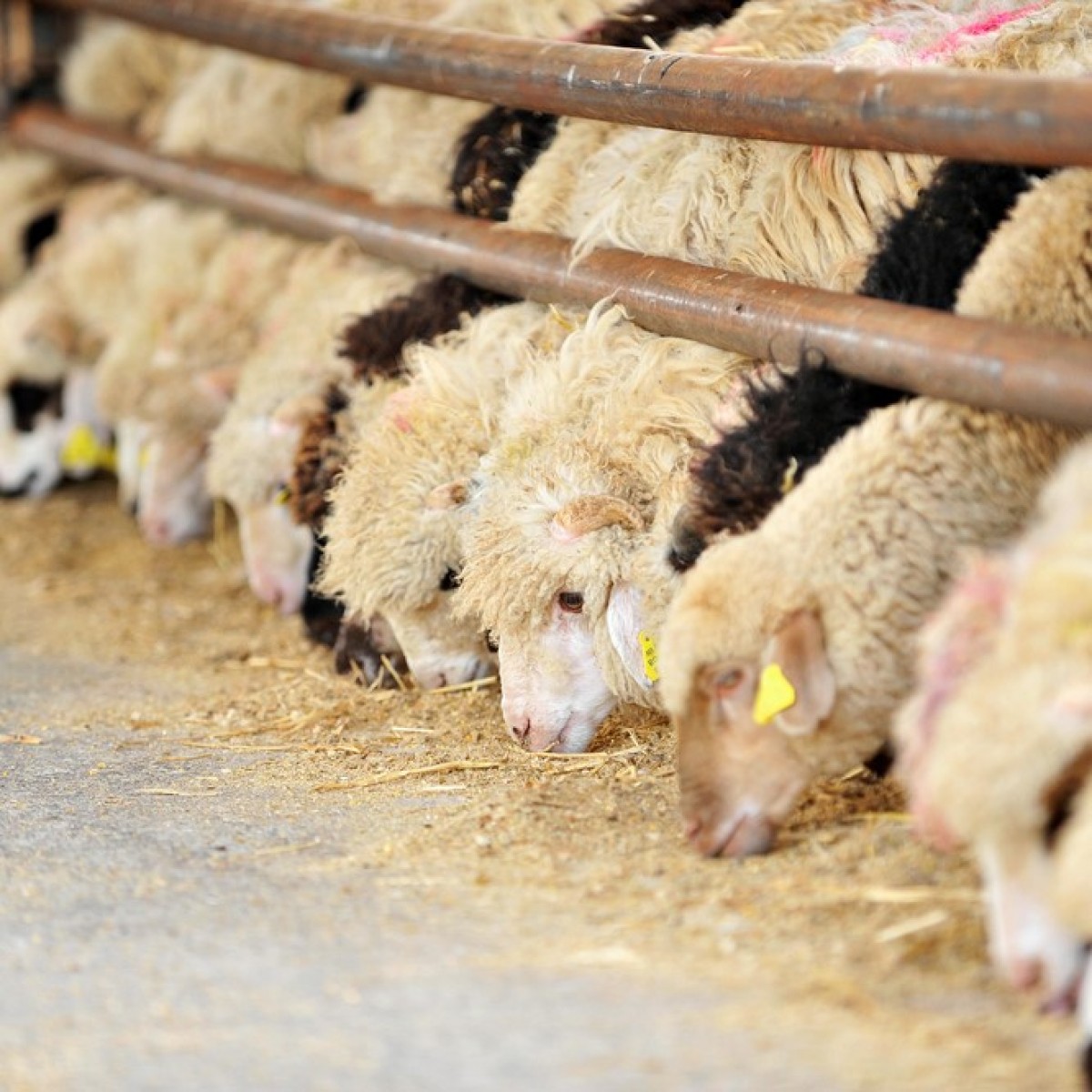
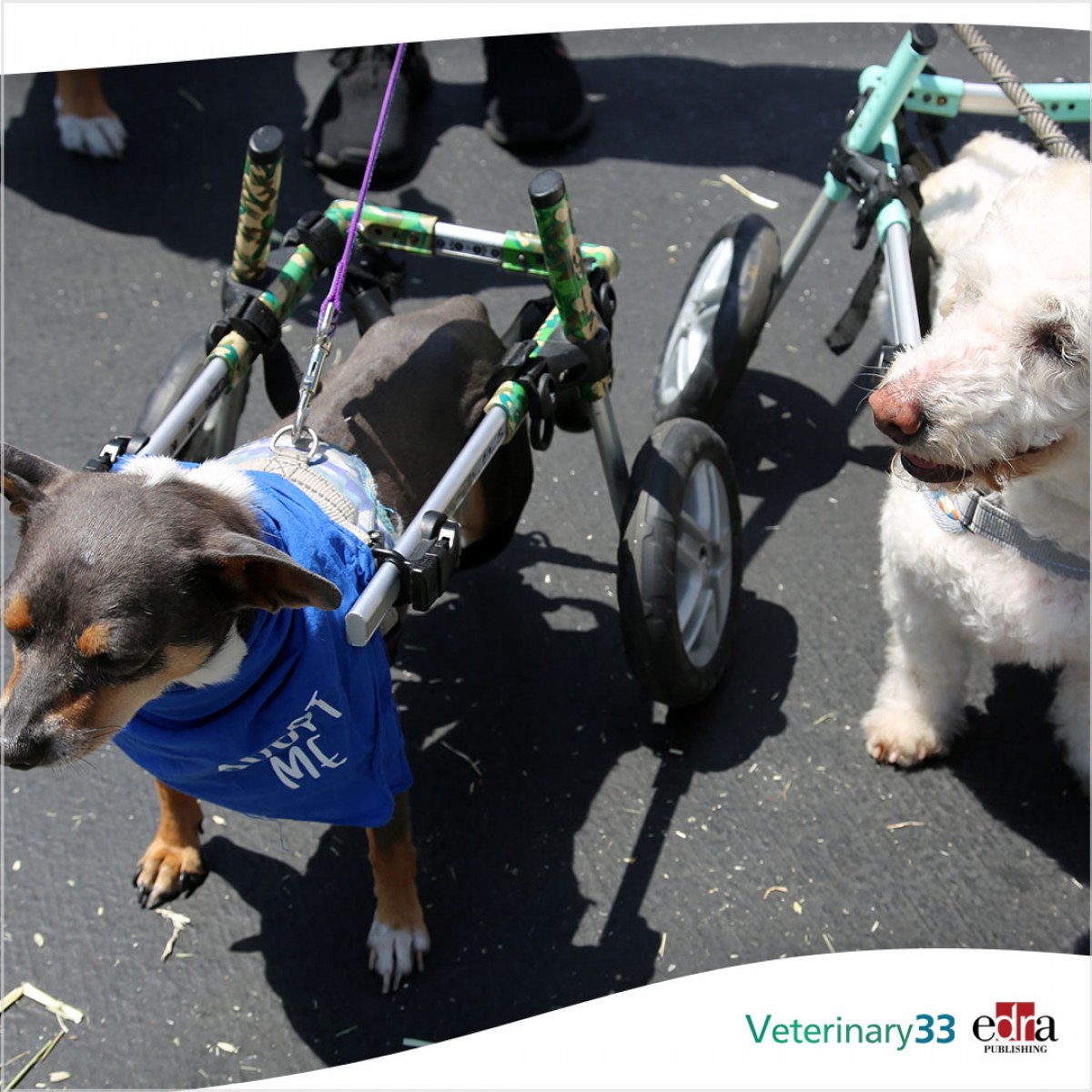
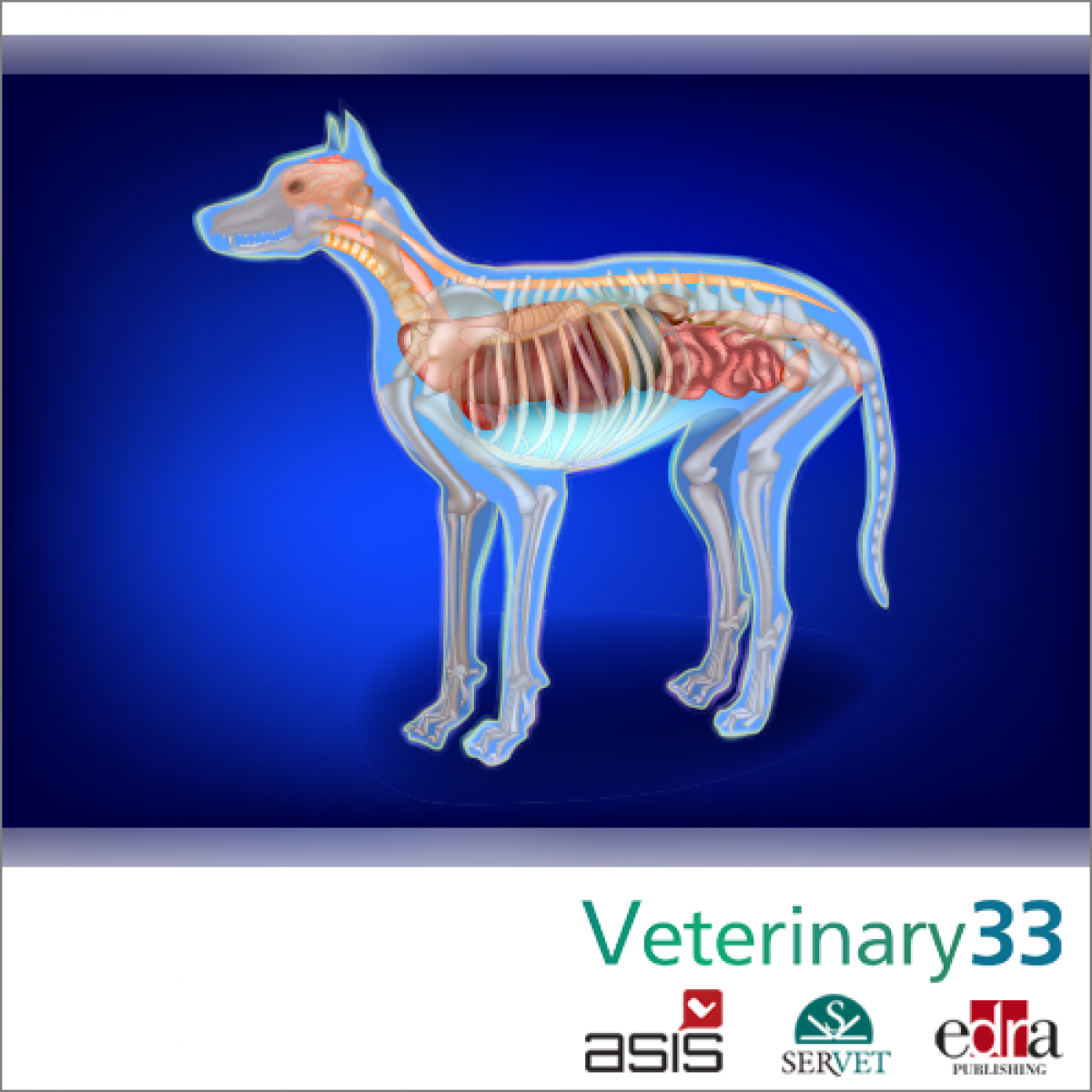
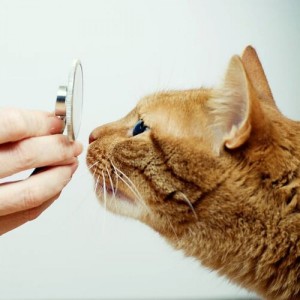
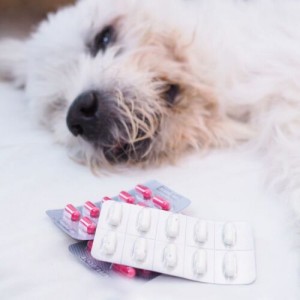
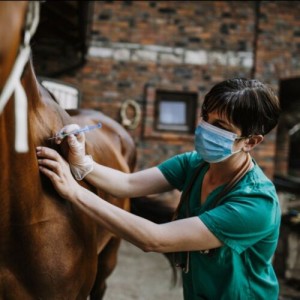



List
Add
Please enter a comment